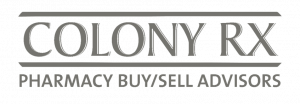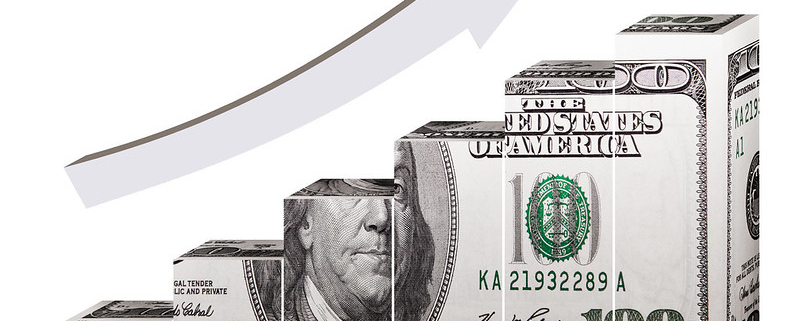When a Pharmacy’s Asset Values are too High to Sell the Business.
In my first call with pharmacy owners, I ask if they own or lease their building. If they say they own it, I ask how much its worth. If that number is too high (and it doesn’t have other tenants) compared to the profit the pharmacy makes, the owner’s options are limited.
A similar thing happens when stores have a high value of inventory. This is something we see often with specialty pharmacies where they make very little profit on each RX but require large amounts of capital to cashflow the business.
As a reminder, because buyers require a return on their investment, businesses are ordinarily valued as a multiple of their earnings. In other words, the profit generated by the business needs to be enough to accomplish three things: (1) service the debt on the acquisition; (2) enable the new owner to pay himself a reasonable salary; and (3) have some profit left over for working capital and reinvestment needs.
If a business has hard assets valued in excess of the Enterprise Value (fair market value of the business as a going concern) as computed from applying the appropriate multiple to its EBIDA, it may not be salable as a going concern. A liquidation sale of individual assets at fair market value may provide more funds for a seller than its Enterprise Value (based on SDE).
An example of a Pharmacy that cannot be sold due to the high value of its assets
| Purchase Price | $1,730,000 |
| Down Payment (15%) | $259,500 |
| Acquisition Loan | $1,470,500 |
| Annual Debt Service on | |
| $1,470,500 Loan (15 years/9%) | $177,257 |
| SDE | $160,000 |
| Cash Flow After Debt Service | ($17,257) |
This means the new owner will take a loss $17,257.40 a year on the deal. The deal is dead because it’s too “asset rich”. The Seller’s best option is to liquidate the individual assets to multiple buyers. If you have no idea how to do this, give ColonyRX a call and we will guide you through it.
It’s important to know the Enterprise Value of your business
Especially when considering your exit, it pays to know the Enterprise Value as well as the fair market value of your assets if you simply liquidate. In most cases, Enterprise Value will exceed Asset Liquidation Value, but there are numerous and varied exceptions, especially if your business is in a capital-intensive industry or you have extremely valuable real estate or exceptionally high inventory.
As your exit time frame approaches, to maximize the funds you receive at closing it may be best to minimize large capital investments that require financing. Typically, the Seller transfers all assets to the buyer unencumbered, which means the Seller must pay off all loans from the proceeds of the sale. However, we have structured deals when the buyer assumes the loan.
Do you know if your company’s Enterprise Value exceeds its Asset Liquidation Value? If not, give ColonyRX a call.



